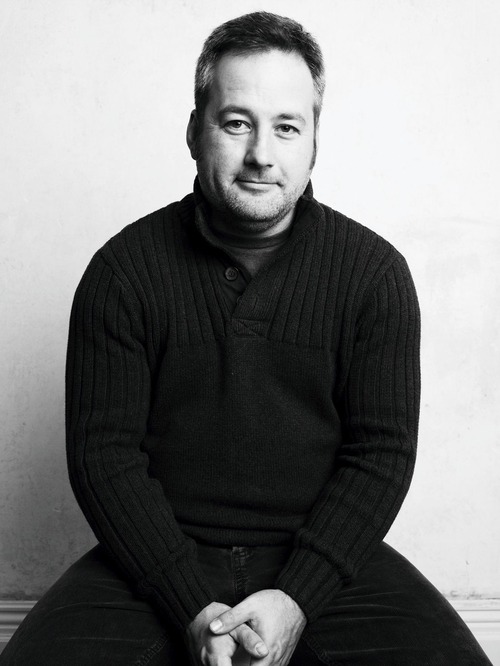
Chris Jones is a writer for Esquire and ESPN and the winner of two National Magazine Awards.
Favorite new writer discovery of 2012
I’m always scared of making lists like this, because a year is a long time, and I read a lot, and invariably I’ll forget writers and pieces that I liked very much. But this category is easy for me: Michael J. Mooney. He wrote back-to-back stories for D Magazine this summer that are so different but the same in that they both knocked me on my ass. First he wrote about a brutal rape in “When Lois Pearson Started Fighting Back.” (It is a difficult read, but the ending is more than worth it.) And then he wrote the most amazing bowling story ever in “The Most Amazing Bowling Story Ever.” Plus, he’s a straight-up good dude. Love this guy so much.
Best election story
I’m going to seem like a homer here, but I don’t care: Charlie Pierce did journalism on Esquire.com during this entire election cycle that bordered on heroic—and I don’t use that word lightly. In its ideas, in its language, in its sheer volume, his account of this election, taken as a whole, is humbling and inspiring at the same time. Start with the end, “The Greatness of Barack Obama is Our Great Project” and go back from there.
Best personal blog post/essay
I’m going to pick two stories here, both sports stories. Writers hate hearing athletes say, “You never played the game,” but it’s hard to deny that former athletes understand the games they played better than most of us do. Just the other day, The Classical posted a meditation by former basketball player Flinder Boyd about Ricky Rubio, “The Ricky Rubio Experience.” I’m not sure I can say why, exactly, but I was really moved by this story. Some of The Classical guys can be snide little shits, far too Internet cool, but Boyd wrote with real heart here. I love this story.
The second is by one of my most favorite friends, Kevin Van Valkenburg of ESPN. He wrote about the death of a semi-pro football player in a story called “Games of chance.” Kevin played college football at the University of Montana, and he writes beautifully about the pull of the game as well as the charge that comes from hitting and with being hit. Sometimes the first person interrupts; here it informs.
Best crime story
I see the great David Grann has already picked this one, but I’ll echo his pick, because it was that good: Pamela Colloff’s “The Innocent Man” for Texas Monthly is an epic, immersive, amazing story. And full credit to the gang down in Austin for committing so completely to longform journalism. That this story even exists makes me hopeful about so many things.
The story that made me feel the most awesome about just about everything
I’ve always been an optimist about writing, or at least I’ve always tried to be an optimist about writing, and 2012, for me, has been filled with reasons for optimism (like Pamela Colloff’s story above, which is really a multi-layered testament to the power of belief). Yes, this business remains in flux, and yes, many good writers continue to put more love into their writing than their writing returns to them. But I still feel like we live in a golden age, filled with possibility. One of the stories that most made me feel that way—both because of the story itself, and because of its subject—was “How One Response to a Reddit Query Became a Big-Budget Flick” by Jason Fagone in Wired. The title describes the tale exactly, and it’s just as improbable and fun and crazy as it sounds. I feel like this story sums up the modern writing business as well as any: There’s still plenty of lightning out there, and there are still lots of bottles, and every now and then, someone still catches one with the other.





 Get the Longreads Weekly Email
Get the Longreads Weekly Email